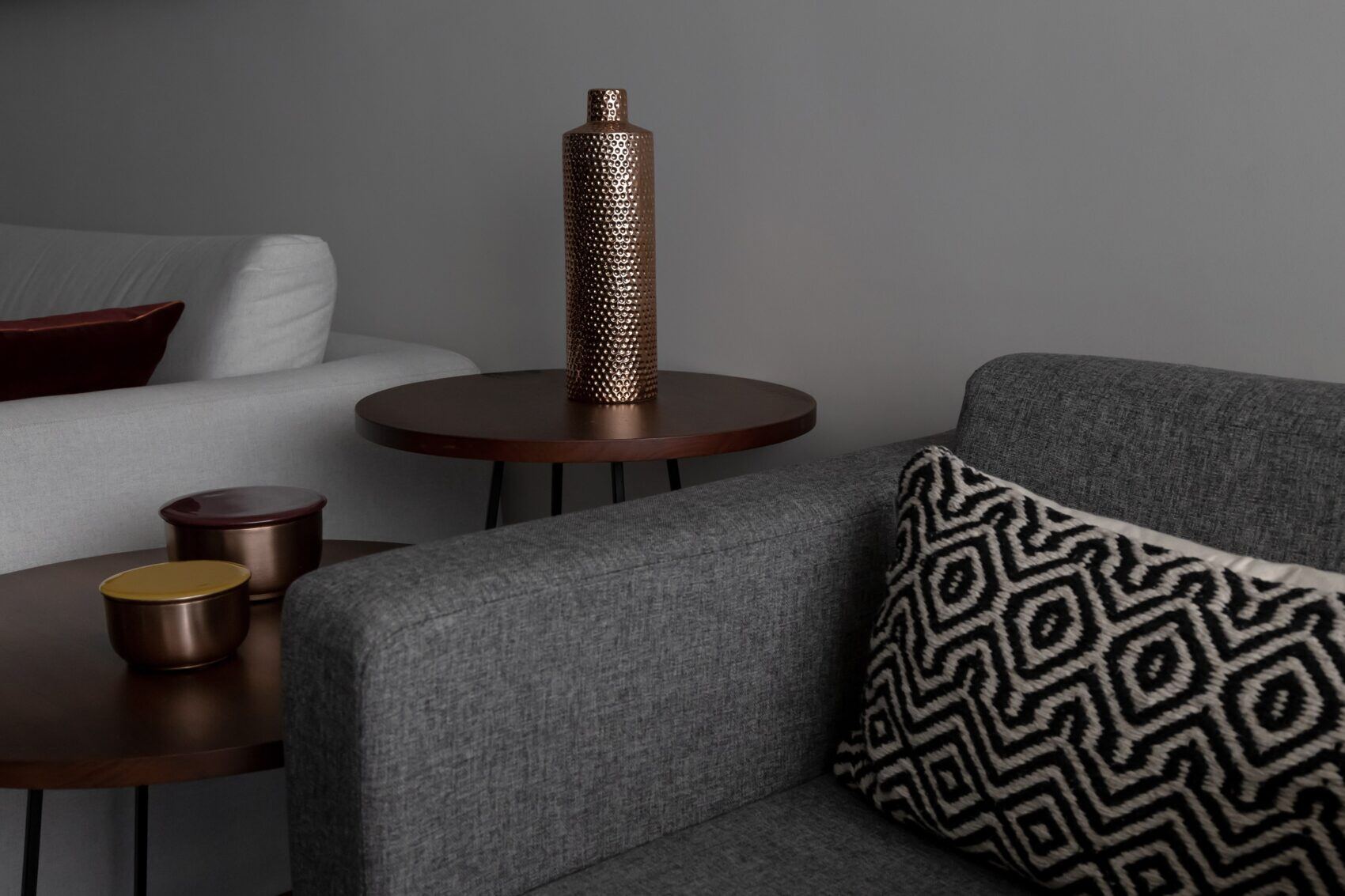Eudaimonia Sober Living and Extended Care
According to Positive Psychology, “eudaimonia is a Greek word literally translating to the state or condition of ‘good spirit,’ and which is commonly translated as ‘happiness’ or ‘welfare.’” Addiction, also as substance use disorder, is listed in the Diagnostic and Statistical Manual of Mental Disorders, Fifth Edition (DSM-5) as a chronic, relapsing brain disorder. It is characterized by compulsively engaging in rewarding stimuli (e.g., abusing drugs and/ or alcohol) without regard for consequence. An individual that struggles with addiction will prioritize satisfying his or her drug cravings above all else, which can wreak havoc in all areas of one’s life. The development of substance use disorder does not occur immediately, nor will recovering from addiction be achieved instantaneously. The recovery process from substance abuse and/ or addiction is not entirely linear, but is typically comprised of completing detox, attending a substance abuse and/ or addiction treatment program, and aftercare.
Although transitioning from a substance abuse and/ or addiction treatment program into a sober living facility is optional, it has become increasingly popular as it is widely viewed as an essential part of the continuum of care following a rehab program. They serve as an intermediate residence for individuals to continue implementing the information learned during treatment, prior to returning to their home environment. They offer individuals a drug and alcohol-free residence that is a slightly less structured than in an inpatient substance abuse and/ or addiction treatment program, but more structured and controlled than simply returning home. Most sober living facilities are privately owned, and as such will have a distinct set of house rules and regulations as well as corresponding consequences for violations. Sober living homes each hold distinct characteristics, are in different geographical areas, offer a variety of wide-ranging amenities, and many specialize in accommodating individual’s nuanced needs. The costs associated with each sober living facility will differ, as they will depend on certain factors such as location, amenities, residence, and more. Most sober living facilities do not impose a time limit for its residents, enabling them to stay for as long as they need, provided they are able to pay for their stay and adhere to the rules and regulations of the facility.
Sober living homes inherently remove many of the potential trigger’s an individual may have that could threaten their sobriety while simultaneously providing additional opportunities to navigate unavoidable triggers in a semi-controlled environment. Residing in a sober living home or extended care facility can help an individual reinforce healthy daily habits (e.g., practicing mindfulness techniques, exercising regularly, developing healthy sleeping habits, eating nutritiously, etc.) to further improve one’s overall health and wellbeing. According to the National Institute on Drug Abuse (NIDA), the length of time an individual spends in substance abuse treatment (including sober living) can directly increase his or her outcome in recovery.
For Information and Support
Substance abuse and addiction can be incredibly dangerous and can result in severe short and long-term consequences. If you or someone you know is suffering from substance abuse or addiction, please get help as soon as possible. The earlier you seek support, the sooner you and your loved ones can return to leading happy, healthy, and fulfilling lives. There is no reason to go through this alone, and we are here to help. Please feel free to reach out to us for further information or with any questions regarding substance abuse or addiction. We are available anytime via telephone at: 213-389-9964, or you can always email us at: info@friendlyhousela.org.


